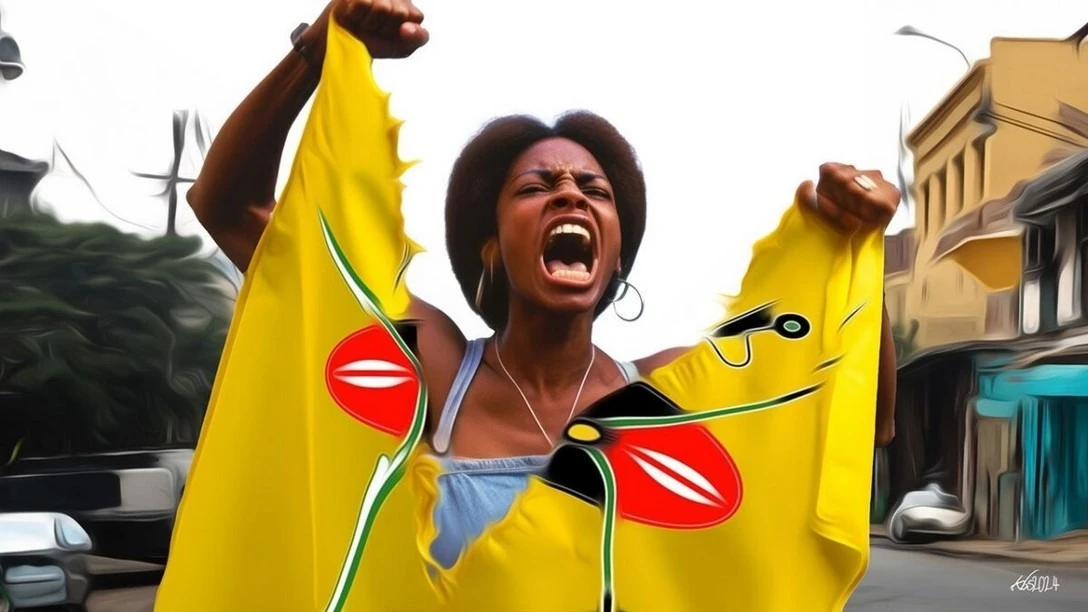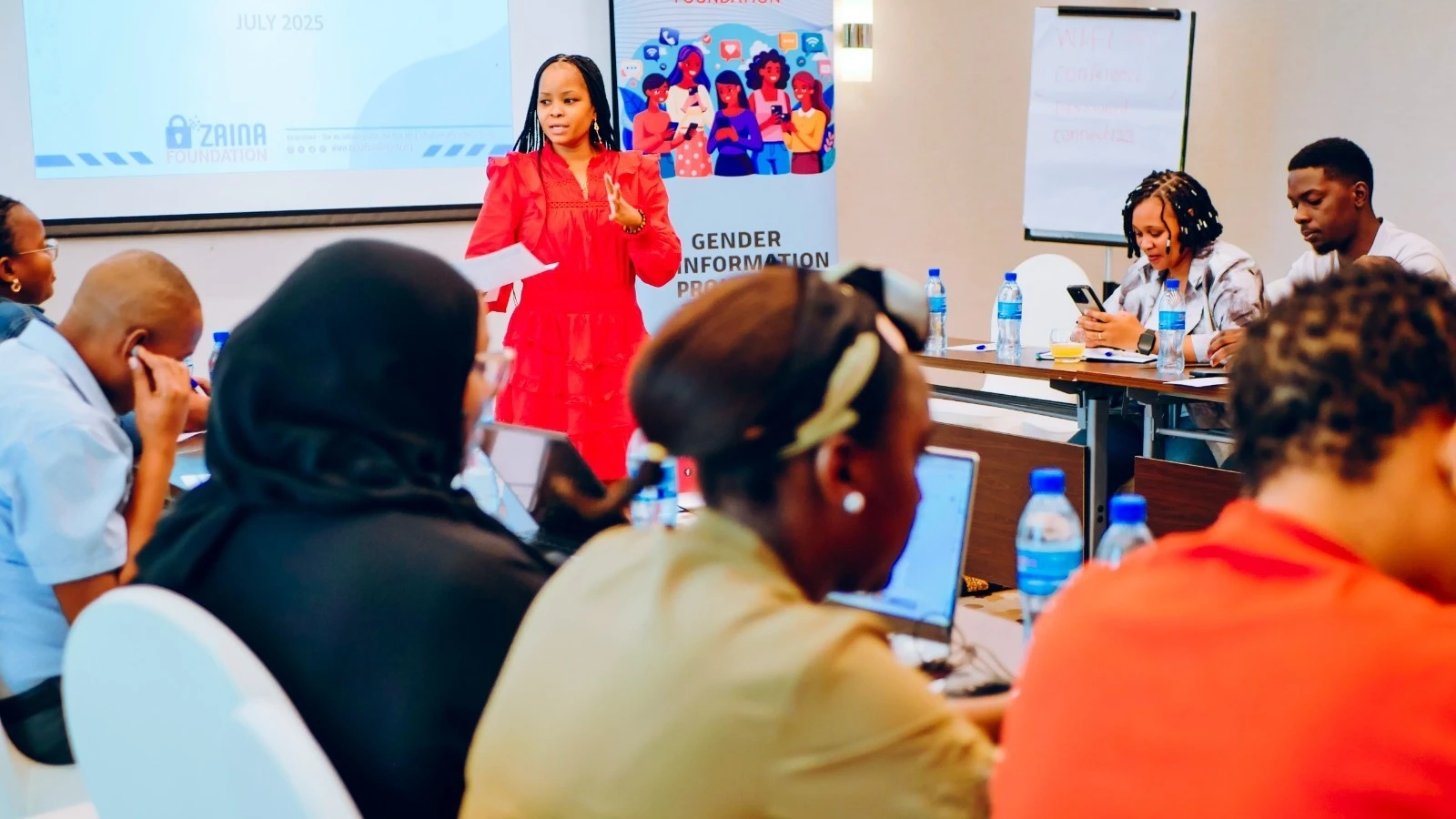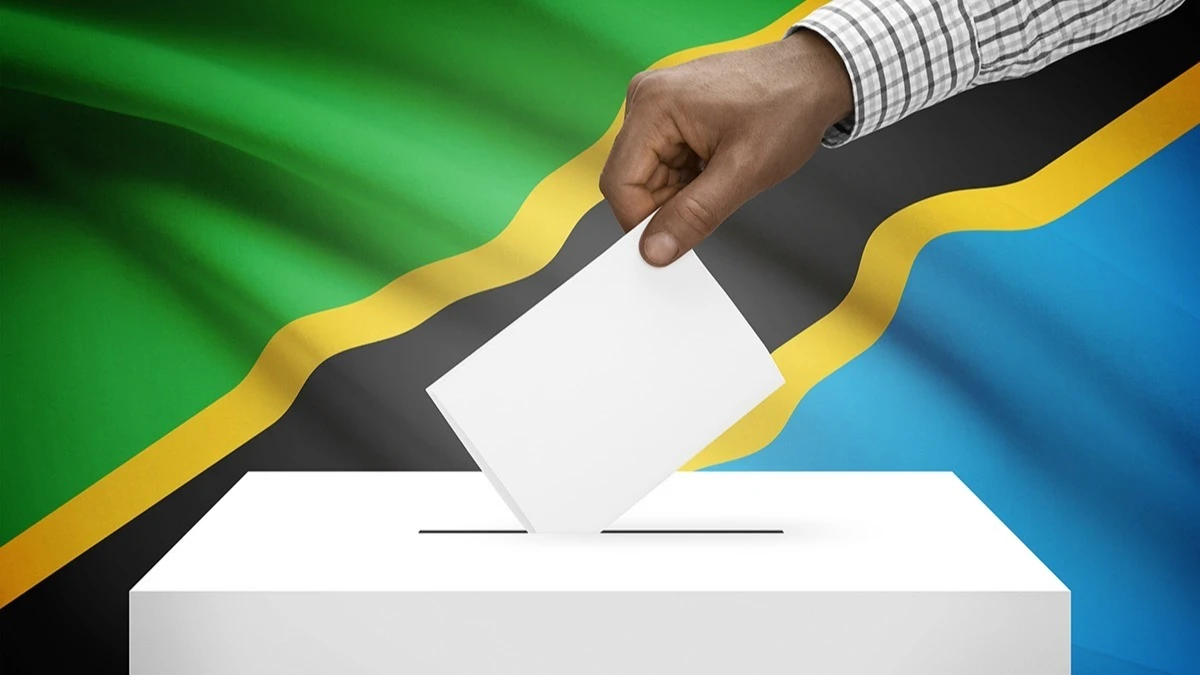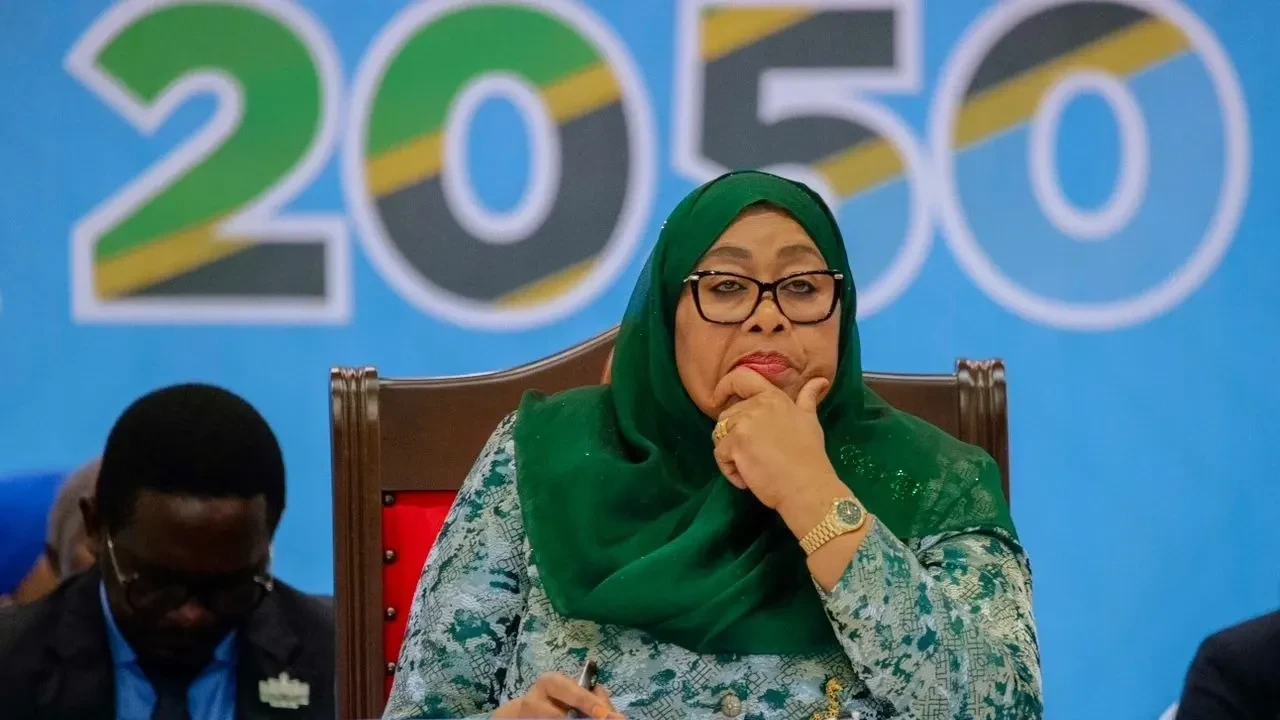Negligible chances of new Generation Z political party changing Kenyan politics

AFTER a violent anniversary of one year since the Finance Bill protests mid last year, Generation Z leaders are finally trying to anchor their movement in a sense of direction, forming a political party.
The bearings of the movement and the effort going into forming ‘Voices of 47’ political party excite watchers but hardly anyone can project lasting impact on the political scene, as there are few instances where a movement of youth fundamentally changes the political scene. What it can do is to exert influence on the political landscape, enabling new alliances or policy thrusts.
It means that before it can exert any influence in a sustainable manner by becoming a political force rather than as a moment of disorder in the political routine, the new generation has first to be absorbed into the landscape.
It has to accept the legal premise of authority, admit that the premise of authority is mass sovereignty, not street scuffles, and thus begin to accept political parties as they are to be the point of departure. Even when they form a political party, Generation Z activists won’t prosper on the political scene by an age-based party, definitely.
Online references indicate that by late last year Kenya had a new political party, eerily named Injection of National Justice, Economic and Civic Transformation (INJECT), constituted more or less entirely by young Gen Z protesters.
In the United States, where more research has been conducted on the politics of young people (and authors of the Generation Z concept), surveys indicate that Gen Z largely voted Democratic before 2024, reflecting their progressive values. This pointer of a timeline is symptomatic of changes, as many endorsed Donald Trump.
Ordinarily young people are considered to be politically indifferent, or open to influences of upcoming politicians, and mostly their exposure reflects own worries or expectations. Youths in an optimistic mood are prone to be recruited by those in office and be prepared for the next generation of leaders at all levels, while an alternative scenario is diminishing expectations and being heavily influenced by opposition voices.
Civil service reforms and vast public sector job cuts at the start of the 1990s durably placed the University of Dar es Salaam main campus solidly on the side of opposition, despite efforts to overly influence student governments.
A survey by one AE Seibel published earlier this year and summary findings posted online affirms that it has been found that 51 percent of Generation Z teens and 43 percent of Generation Z adults do not identify with either political party in the United States.
That shows the moment they are in their20s they start shaping up their political views or sentiments, though more than 40 percent are unlikely to be politically affirmative or sensitive before mid-20s or perhaps in their 30s. An often heard line (once affirmed by a professor of political science) asserts that once a person reaches 35 years of age his or her basic sentiments, inclinations, are fixed.
There are studies for instance on the role of influencers and political advertising, which as a rule are said to increase political interest, and in this particular case it is explained that it then ‘triggered’ Generation Z political participation.
This sort of formulation is a bit weak in its hypothesis and synthesis, as it points at the role of ‘influencers,’ in the sense of random speakers either as political pundits, perhaps entertainers or campus activists, if perhaps not higher level political leaders, To say that these individuals help to ‘increase’ political interest and then rush to relate this ‘interest’ to Generation Z politics, diminished here into ‘political participation’ is problematic; it can only refer to a passive sort of youth engagement, not protests.
Certain spheres of Generation Z politics are not easy to bring out through a glance at reality of activism for instance in Kenya over the past year, that of levels of links or solidarity between informal sector Gen Z and those engaged in college-based activism.
The latter are often engaged on account of influencers, for instance opposition activism or seminar room criticism of reality, as in pro-Palestine campus demonstrations or sit-ins in the US.
Those conducting spontaneous protest action from the streets are the real Gen Z in the sense of epitomizing the fatigue and lack of patience with the political authorities, or as in the ‘casus belli’ in Nairobi, the fact of presenting to the legislature a bill that has stiff tax rises in sensitive areas.
Either way that young people take to activism, chances of making a difference in the political set up, and indeed setting the agenda as youths tried to do in massive and even violent demonstrations are virtually doomed to failure.
Only when there is groundswell in the political environment does youth activism or protest lead to change, not when the political system is stable, and prospects look good for the various business groups. Lack of jobs for graduates or harsh conditions for those in informal sector activity may indeed unleash protests, not change political systems.
Looking at the sort of political party initiated in Kenya in the wake of mid-year protests 2024 and what happened lately, it appears that efforts to set up a real political party are evident, but so are efforts to coopt them into existing parties. In Nairobi for instance ex-VP Gachagua was suspected of having fomented Gen Z riots partly as many of them belong to the central zone.
Campaigns to demand favours for Mount Kenya zone were seen as disloyal, and contributing to protests, while ex-minister Martha Karua, a top central zone figure, is coopting many of the youths in INJECT to a ‘people’s liberation party,’ as Gachagua forms a party too.
Top Headlines
© 2025 IPPMEDIA.COM. ALL RIGHTS RESERVED

























